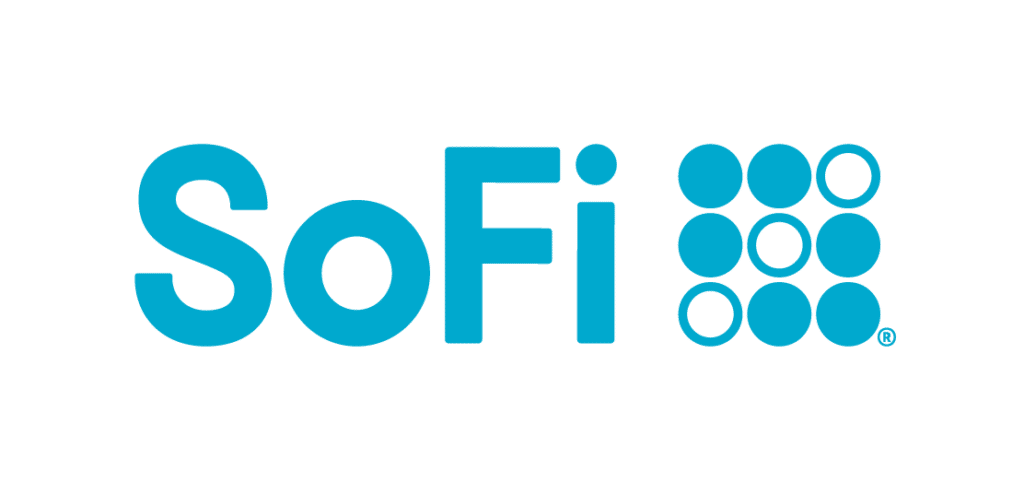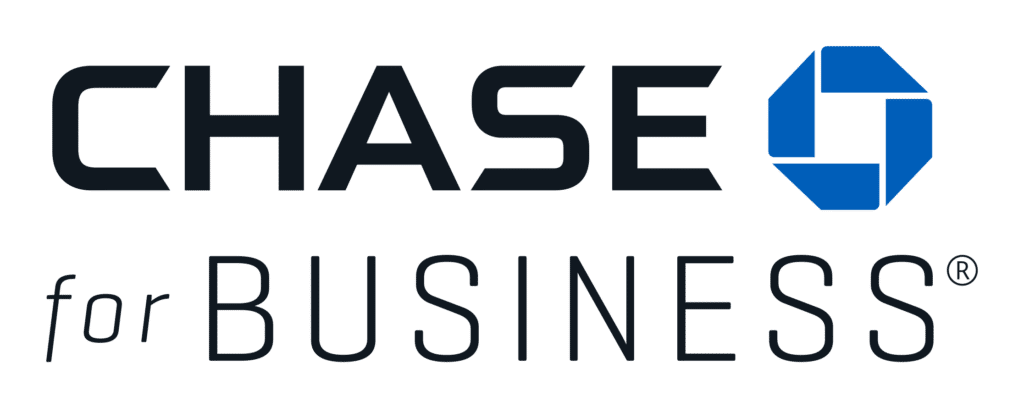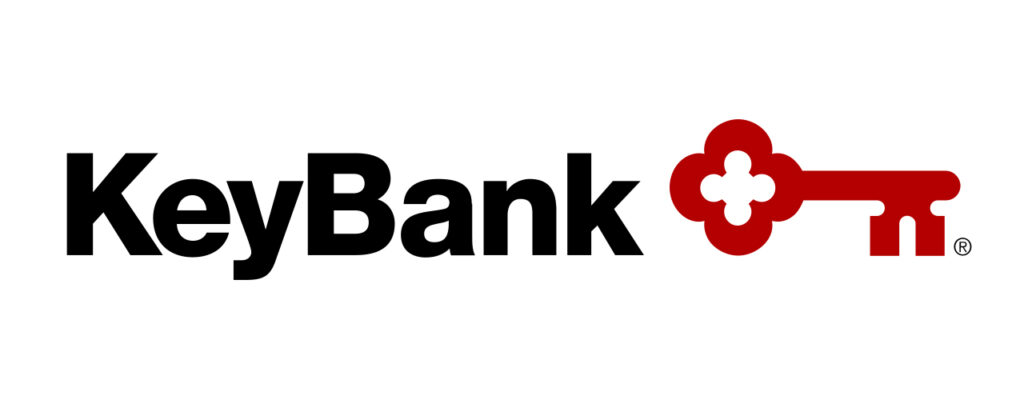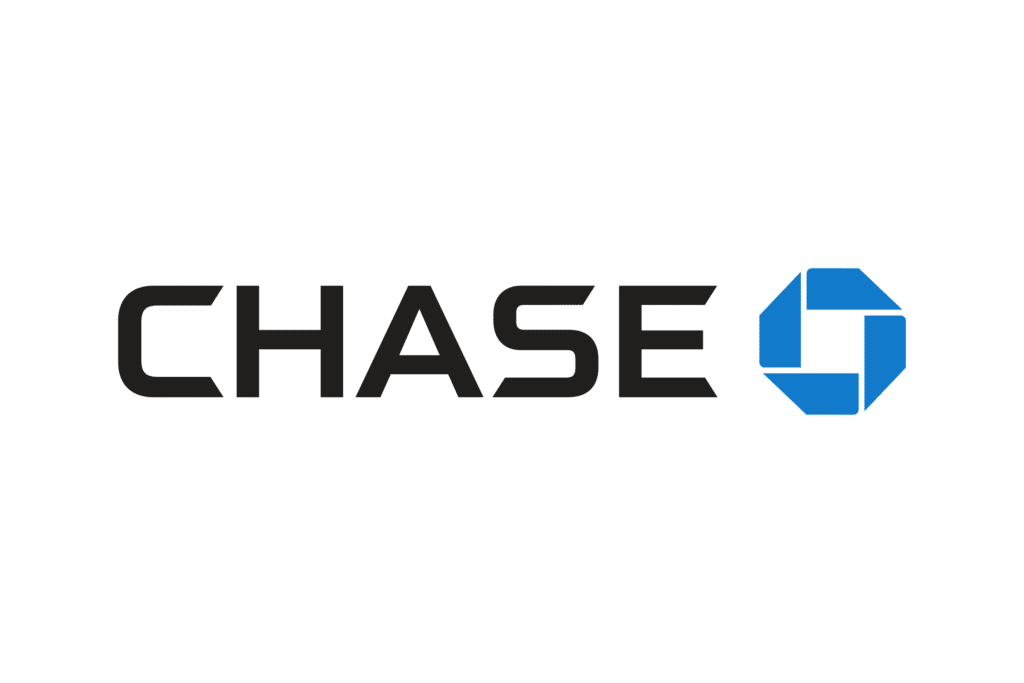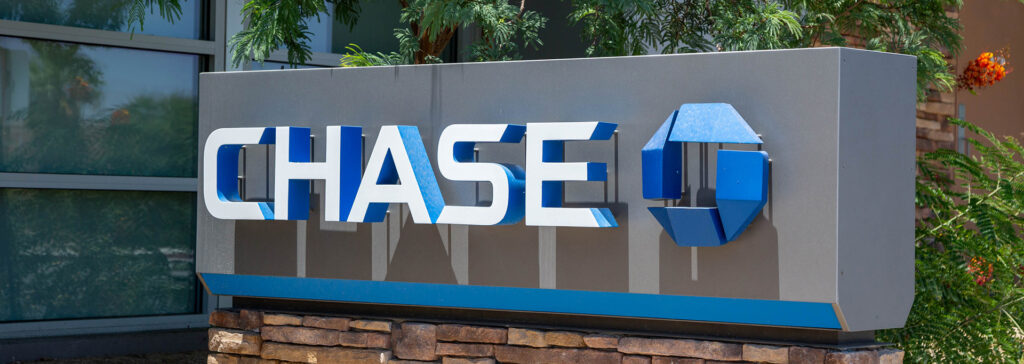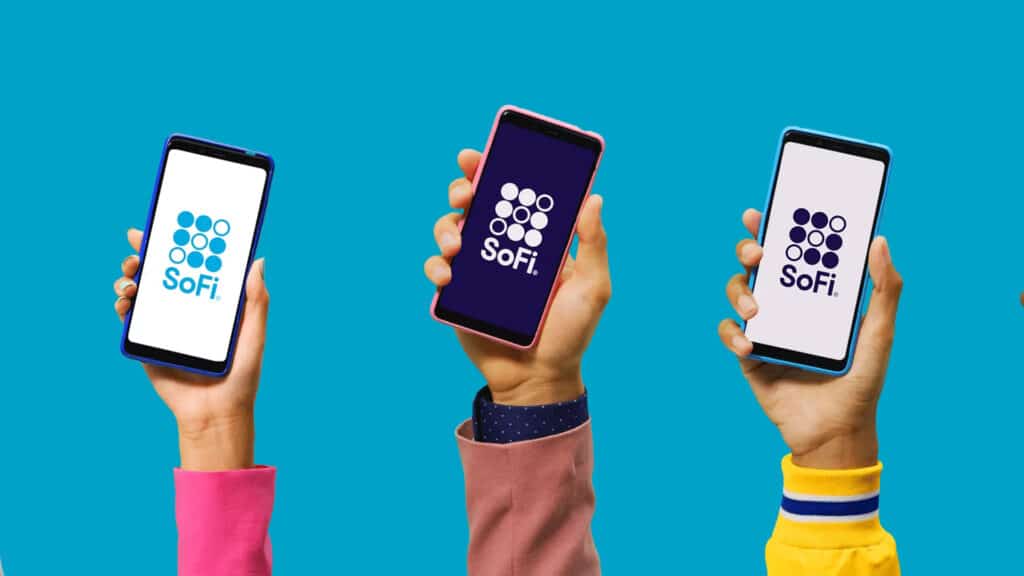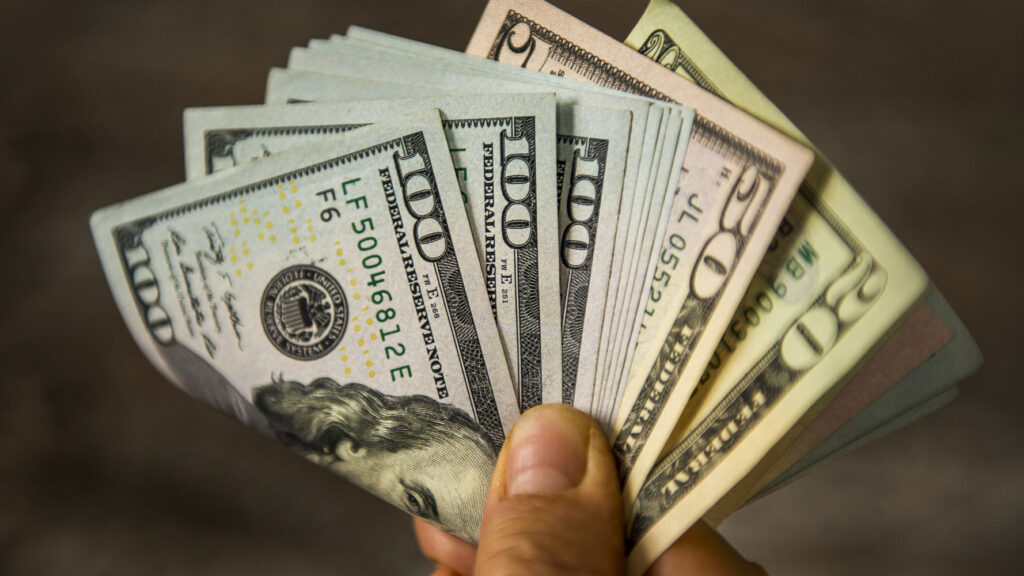Most products on this page are from partners who may compensate us. This may influence which products we write about and where and how they appear on the page. However, opinions expressed here are the author's alone, not those of any bank, credit card issuer, airline or hotel chain. Non-Monetized. The information related to Chase credit cards was collected by Slickdeals and has not been reviewed or provided by the issuer of these products. Product details may vary. Please see issuer website for current information. Slickdeals does not receive commission for these products/cards.
Taking advantage of a new bank account bonus could potentially be an easy way to earn some extra cash. But before you decide to open a new checking or savings account in an effort to score a bonus, here are a few key points about bank bonuses to learn first.
1. Read the Bonus Fine Print

Review the terms of any bank account bonus offer thoroughly before you apply:
- Make sure you're eligible for the bonus opportunity
- Confirm when the offer expires
- Review out the qualification criteria closely
- Evaluate if you can realistically meet the requirements
- Read the rest of the terms to see if there are any caveats or important dates to know
Bank account bonus offers often require you to deposit a certain amount of money or make a set number of qualifying transactions, which could include things like direct deposits or debit card transactions. You might also need to maintain a minimum balance for a period of time. Every bank and offer is different, so be sure to read that fine print carefully.
Recommended Bank Bonuses
| Bank Account | Intro Bonus | Minimum Deposit | Learn More |
|---|---|---|---|
|
| $450Expires April 1, 2026
Earn up to $450 when you open a new U.S. Bank Smartly® Checking account and complete qualifying activities. Subject to certain terms and limitations. Offer valid through April 1, 2026. Member FDIC. Offer may not be available if you are an existing U.S. Bank customer or live outside of the U.S. Bank footprint. | $25 | Open Account |
|
Member FDIC | $50 or $300Expires December 31, 2026
New and existing Checking and Savings members who have not previously enrolled in Direct Deposit with SoFi are eligible to earn a cash bonus of either $50 (with at least $1,000 total Eligible Direct Deposits received during the Direct Deposit Bonus Period) OR $300 (with at least $5,000 total Eligible Direct Deposits received during the Direct Deposit Bonus Period). Cash bonus will be based on the total amount of Eligible Direct Deposit. If you have satisfied the Eligible Direct Deposit requirements but have not received a cash bonus in your Checking account, please contact us at 855-456-7634 with the details of your Eligible Direct Deposit. Direct Deposit Promotion begins on 12/7/2023 and will be available through 12/31/2026. Full terms at sofi.com/banking. SoFi Checking and Savings is offered through SoFi Bank, N.A., Member FDIC. SoFi members with Eligible Direct Deposit can earn 3.30% annual percentage yield (APY) on savings balances (including Vaults) and 0.50% APY on checking balances. There is no minimum Eligible Direct Deposit amount required to qualify for the 3.30% APY for savings (including Vaults). Members without Eligible Direct Deposit will earn 1.00% APY on savings balances (including Vaults) and 0.50% APY on checking balances. Interest rates are variable and subject to change at any time. These rates are current as of 12/23/25. There is no minimum balance requirement. Fees may reduce earnings. Additional information can be found at http://www.sofi.com/legal/banking-rate-sheet. | N/A | Open Account |
|
| $300-$500Expires May 14, 2026
Earn up to $500 when you open a new Chase Business Complete Checking® account. For new Chase business checking customers with qualifying activities. | N/A | Open Account |
|
| $300Expires May 22, 2026
Earn $300 after qualified activities until 5.22.26 with the no-monthly-maintenance-fee Key Smart Checking®. Geographic restrictions apply and account opening is subject to approval. Offer is available in these states: AK, CO, CT, ID, IN, ME, MA, MI, NY, OH, OR, PA, UT, VT, WA | $10 | Open Account |
|
| $400Expires April 15, 2026
New Chase checking customers enjoy a $400 bonus when you open a Chase Total Checking® account and make direct deposits totaling $1,000 or more within 90 days of coupon enrollment. | N/A | Open Account |
2. Pay Attention to Bank Fees
You'll also want to check if the bank account you're considering comes with fees. Monthly service fees have the potential to offset or even wipe out any extra money you earn from opening a new account.
Imagine the following scenario. You open a new checking account that offers a $100 bonus, but there's a monthly fee of $25. You also have to keep the account open for at least six months or the bank will claw back the bonus it gives you. In this situation, it would cost you more to keep the account open than what you would earn in the form of a bonus (unless you could qualify for a fee waiver).
3. Track Your Progress
Once you find a new checking or savings account you want to open, print the offer or take a screenshot so you have a copy of the offer details for your records.
Next, track your progress toward earning the new account bonus. If you need to have a certain dollar amount direct deposited into your account each month, you can use a spreadsheet, a note on your smartphone, or even a simple sticky note to write down each transaction that counts toward your goal.
Finally, once you're 100% sure you've met the bank bonus requirements, keep an eye on your account. If the bank doesn't deposit the bonus within the promised time frame, you might need to follow up with customer service for help.
4. Watch Out for the “Claw Back”
There's a reason banks offer bonuses for opening new checking or savings accounts. They want to attract and keep new customers.
As a result, it's common for these offers to contain restrictions in the fine print that prevent you from getting a bonus and closing your account immediately afterward. Many banks require you to keep your new account open for a period of time (usually several months) or they have the right to "claw back" the bonus.
 Related Article
Related Article
Best Bank Account Bonus Promotions in February 2026
5. Be Aware of Credit Inquiries

When you apply for a new bank account, there's a chance the financial institution could perform a credit check. In some cases, this credit report review might be considered a hard credit inquiry, which has the potential to cause credit score damage.
While it's relatively to fix occasional credit score issues, if you have a lot of hard credit inquiries within a short period, you might cause your credit score to decline. It's good to keep an eye on your credit score in general, and to track how many accounts you're applying for in short time period.
Does It Make Sense to Open Multiple Bank Accounts?
Opening multiple bank accounts in an effort to chase new customer bonuses could be risky and time-consuming, but if you're in the market for a new account and can easily meet the bonus requirements without putting your finances at risk, it could be worth it.
What's more, there are several types of bank accounts you might want to open to make it easier to manage your money. From personal checking accounts and savings accounts to high-yield savings accounts and money management accounts, having multiple bank accounts might make sense for you. If you're a small business owner, you can open separate bank accounts for your business, too.
The good news is that there are bank accounts that come with great features and promotions that could put a little extra cash in your pocket.
If you or your business is in the market for a new bank account, it's wise to shop around for the best offers available. While finding a bank account that offers a generous new customer bonus can be great, pay attention to other details like fees, ATM accessibility, mobile deposit capabilities and any other features that might impact your day-to-day life.



